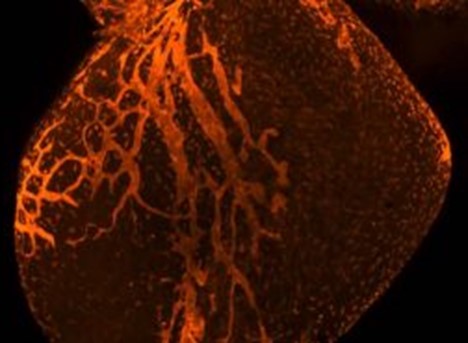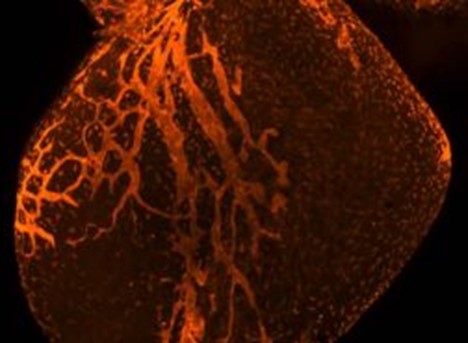|
January 2022 WITHOUT CORONARY CALCIUM, RISK FACTORS IMPACT CARDIOVASCULAR DISEASEFeaturing: Philip Greenland, MD
Among patients with no detectable coronary artery calcium, those who smoke, have diabetes or hypertension nonetheless have the highest risk of cardiovascular disease events, according to a study published in the journal Circulation. The findings demonstrate that even in patients with no coronary artery calcium, the traditional risk factors affect risk of heart attack and stroke, according to Philip Greenland, MD, the Harry W. Dingman Professor of Cardiology and a co-author of the study. “The take-home message is something we have been stressing for years and years — don’t smoke, control your blood pressure and keep your weight and diet under control,” said Greenland, who is also a professor of Preventive Medicine in the Division of Epidemiology and a member of the Robert H. Lurie Comprehensive Cancer Center of Northwestern University. Clinical prevention of atherosclerotic cardiovascular disease (ASCVD) hinges on selecting appropriate patients for statin therapy. Measurement of coronary artery calcium (CAC) by CT scan is used to guide treatment decisions, as absence of CAC is normally associated with low risk of ASCVD. Current guidelines endorse statin therapy in patients without CAC and a diagnosis of diabetes, current smokers or a family history of ASCVD. However, previous studies examining the association between risk conditions among CAC-negative patients and ASCVD have short follow-up periods, so investigators utilized data from the Multi-Ethnic Study of Atherosclerosis (MESA) cohort study to evaluate the associations over a long term period. Beginning in 2000, participants were enrolled in the MESA and subsequent visits continued through 2021, though this study only analyzed data from 2000-2018. In the current study, investigators examined patients with zero measured CAC, and determined what associations existed with outcomes including heart attack, stroke or ASCVD-related death. Among patients with no CAC, cigarette smokers had twice the risk of cardiovascular events compared to non-smokers, and patients with diabetes and hypertension had 1.6 times risk compared to non-diabetic patients and non-hypertensive patients, respectively. “This is no huge surprise,” Greenland said. These findings demonstrate the importance of considering all facets of cardiovascular disease risk instead of relying on CAC measurement alone, Greenland said. “This is also a lesson in understanding the full range of factors that go into the evaluation of risk prediction, which is why we recommend that the tests involved should be done in concert with a doctor — patients should not rely on a CT scan done at a screening center in the absence of a good clinical evaluation,” Greenland said. The MESA projects are conducted and supported by the National Heart, Lung, and Blood Institute (NHLBI) in collaboration with MESA investigators. This article was originally published in the Feinberg School of Medicine News Center on January 18, 2022. |
Philip Greenland, MD, the Harry W. Dingman Professor of Cardiology, professor of Preventive Medicine in the Division of Epidemiology and a member of the Robert H. Lurie Comprehensive Cancer Center of Northwestern University, was co-author of the study published in the journal Circulation.
Refer a PatientNorthwestern Medicine welcomes the opportunity to collaborate with you in caring for your patients.
|
You May Also Like
|
December 2021 |
December 2021 |
November 2021 |





